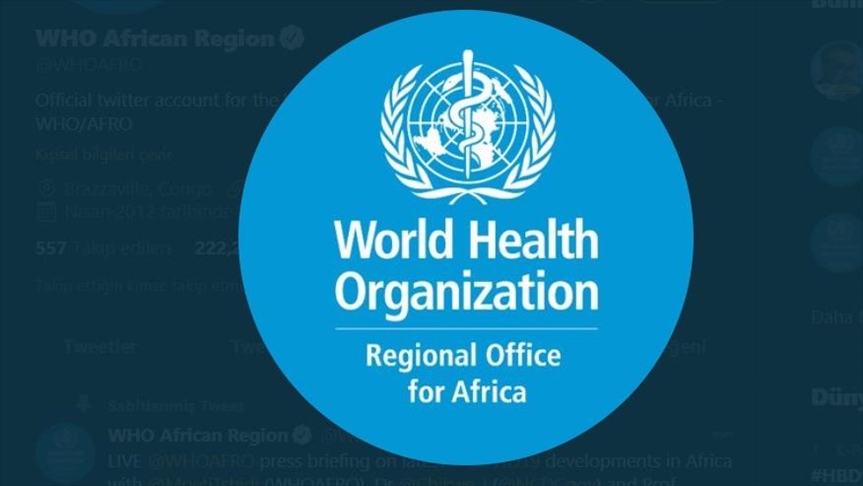By Iyemah David
The World Health Organisation (WHO) has urged African media professionals to use their platforms to break the silence surrounding maternal, child, and adolescent deaths, describing them as a “silent scourge” that has persisted for too long.
Director of Universal Health Coverage and Healthier Populations at the WHO Regional Office for Africa, Dr Adelheid Onyango, made the call on Thursday, during a virtual media dialogue on women’s, children’s, and adolescents’ health.
Onyango said the loss of women and children to preventable causes had become so frequent that many communities now viewed it as normal.
“It is a silent scourge. It has been happening for so long that we’ve gotten used to it. One death of a woman in childbirth is too many. One child who dies is too many,” she said.
She noted that the silence had allowed maternal and child mortality to persist without the sense of urgency it deserved, while health budgets are shrinking, with priorities shifting toward other sectors such as security.
“Funds that are being cut from health programmes are going into security. Our priorities are changing, and women’s, children’s and adolescents’ lives, human life itself, are becoming less of an issue,” she said.
The WHO official explained that the media remained one of the most influential forces in shaping public perception and policy response to health priorities.
“For women’s, children’s, and adolescents’ health, sustained and accurate media attention can raise awareness, drive public discourse, influence decision-makers, and ultimately contribute to better health outcomes,” she said.
She observed that coverage of these issues was often sporadic, overly technical, or limited to isolated events, missing opportunities to connect health outcomes to wider social, economic, and human rights contexts.
“Motivating the media involves demonstrating the relevance of these health issues to the communities they serve and showing how powerful storytelling can influence both policy and cultural change,” she added.
She said the webinar aimed to bridge the knowledge gap and strengthen connections between journalists and credible health sources to foster consistent, evidence-based reporting.
According to her, Africa continues to account for two out of every three maternal deaths globally, while millions of children under five died annually from preventable causes.
She said empowering journalists to report these realities could help build public demand for accountability and investment in primary healthcare systems.




